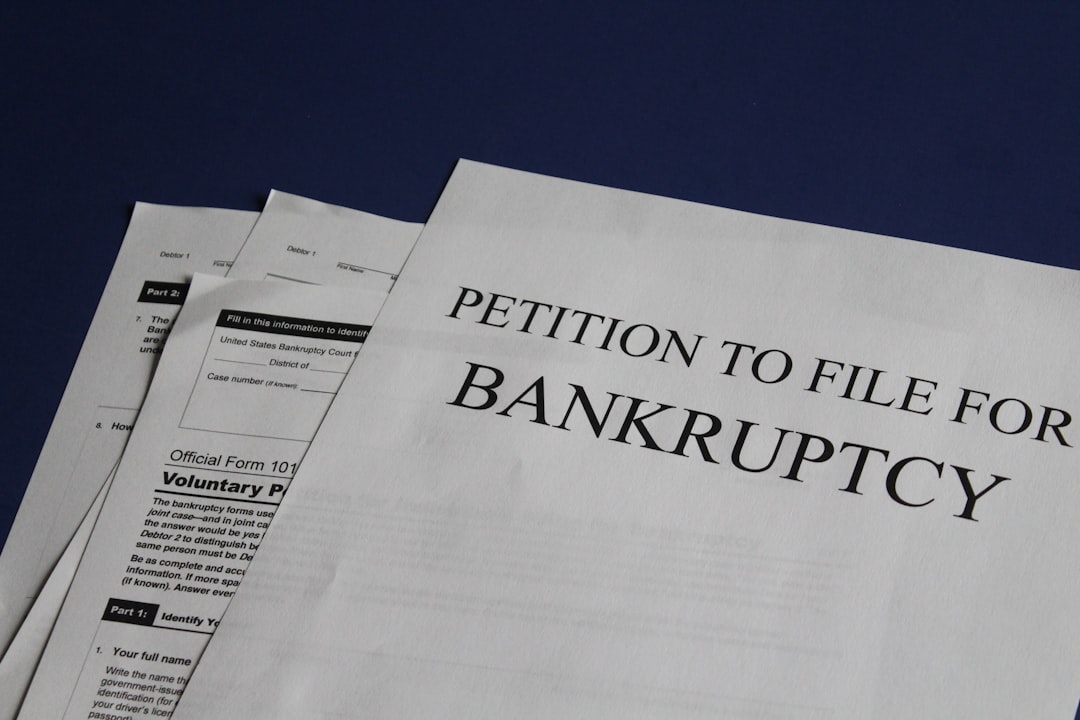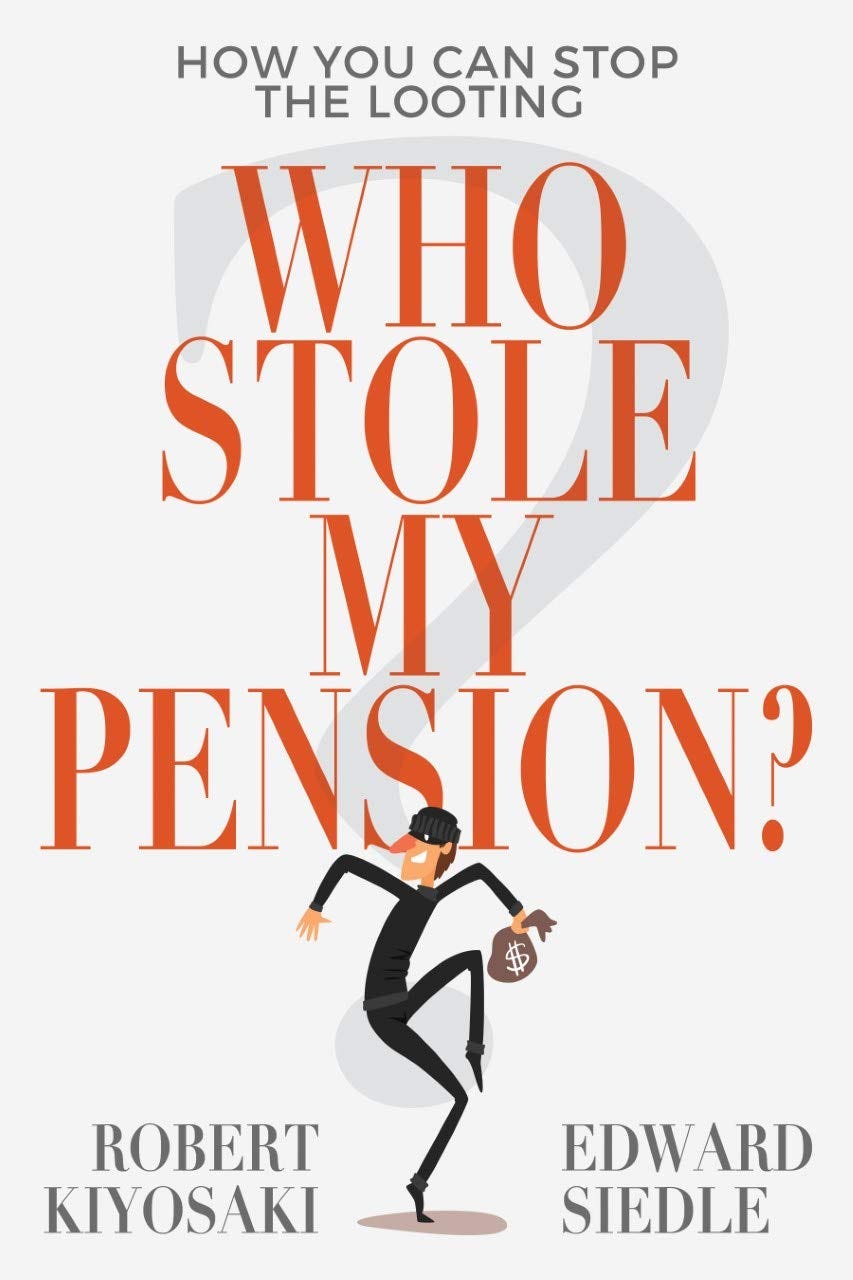Republicans Want to Let State Pensions Declare Bankruptcy
As state pensions run low on money, workers around the world can count on politicians running to legislatures and courts to cut "promised" retirement benefits.

When Kentucky senior Senator and Majority Leader Mitch McConnell declared in 2020 that he would be in favor of allowing states to use the bankruptcy route to deal with their underfunded public pensions amid the pandemic emergency, state workers and retirees—already struggling with the economic and health crisis—were rightfully alarmed. “Using the bankruptcy route” is code for slashing pension benefits promised to state workers. Under current law, only cities and other local governments can file for bankruptcy and only with permission of the state.
“Using the bankruptcy route” is code for slashing pension benefits promised to state workers.
McConnell supposedly represents Kentuckians and Kentucky already had the worst-funded state pension system in the nation—only 16% funded—before the COVID-19 market meltdown. Presumably, Kentucky would have been the first state to use McConnell’s bankruptcy plan to eliminate state worker retirement security.
Kentucky has over half a million (514,000) current and future pensioners, all of whom would suffer if bankruptcy were ever declared. A staggering percentage (94%) of the state’s 114,000 retirees reside in Kentucky and pump over $1.9 billion a year into all 120 counties. Cutting pension benefits would undoubtedly depress the local economy.
To be clear, McConnell is not opposed to all federal bailouts of pensions. A few months earlier in 2020, he joined a bipartisan group of senators in introducing a bill to secure the pensions for nearly 90,000 retired coal miners as a recent wave of coal company bankruptcies threatened the solvency of the federal pension fund.
Evidently McConnell finds state workers less deserving than coal miners.
This is hardly the first time letting states file for bankruptcy to escape trillions of dollars in promised retirement benefits has been proposed by Republicans. In 2011 former governor of Florida Jeb Bush and former House Speaker Newt Gingrich opined in the Los Angeles Times that federal bankruptcy law should be changed to allow states to “reorganize their finances.”
“If government employee union bosses know that they could have all their contracts annulled under federal bankruptcy law, either through a plan of reorganization voluntarily entered into by state leaders or by the voters through proposition, they may be far more accommodating with state governments to restructure government employee union workforces, pensions and work rules.”
Thankfully, McConnell’s bankruptcy proposal during the height of the pandemic went nowhere. But as I cautioned readers in my book Who Stole My Pension? “Workers in government pensions around the world can count on politicians and taxpayers running to legislatures and courts to cut benefits workers have been “promised” when these already struggling government pensions start to run out of money.
“Workers in government pensions around the world can count on politicians and taxpayers running to legislatures and courts to cut benefits workers have been “promised” when these already struggling government pensions start to run out of money.”
Slashing retirement benefits promised to government workers is not a problem unique to the United States.
For example, French President Emmanuel Macron's unpopular plan to raise France's retirement age from 62 to 64 was enacted into law earlier this year—a day after the country's constitutional body approved the change.
After Croatia’s parliament approved a government proposal to raise the retirement age from 65 to 67 and trim pensions for people who retire early in 2019, three top trade unions revolted and the government backed down.
Even millions of participants in the Dutch pension system—widely regarded as the “world’s best”—may be faced with benefit cuts. On May 30, 2023, the Dutch Senate adopted the new Dutch Pension Act to reform the Dutch pension system, which went into effect on July 1, 2023. This change impacts every employer with a pension scheme in place.
The message for government workers dependant upon pensions for their retirment security is clear: Doing nothing—sitting back, confident your pension check is “in the mail” is not an option. That’s a risk you can’t afford to take.




